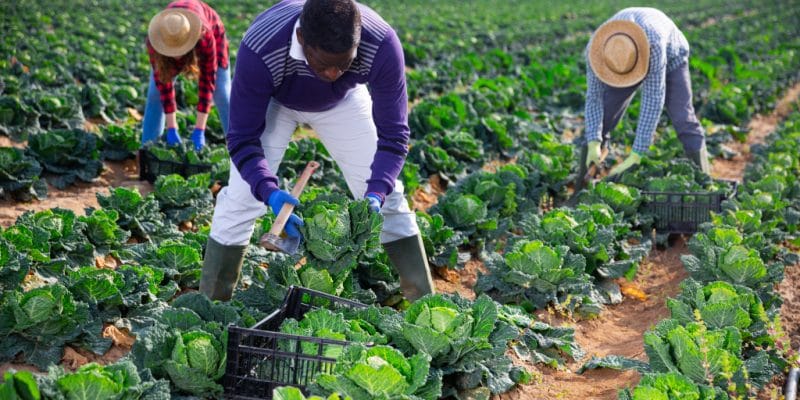The African Development Bank (AfDB) is approving a $10 million grant to improve climate information systems in Liberia. The grant is provided by the Green Climate Fund (GCF).
Acting as an accredited agency of the Green Climate Fund (GCF), the African Development Bank (AfDB) is approving a $10 million grant to Liberia. The funding is for the improvement of weather early warning systems in the West African country. The grant is supplemented by $1 million from the Liberian government and $31,969 from the AfDB’s ClimDev Africa Special Fund.
The funds will be used to finance operations aimed at building the capacity to produce tailored, sector-specific climate information services for the most vulnerable people. Specifically, the Liberia Environmental Protection Agency (EPA) will install a weather radar at Roberts International Airport, near the capital city of Monrovia.
The challenge for agriculture
The government agency will also develop unmanned aerial systems for upper air observation. These devices will support the establishment of interconnected community and national early warning systems. This is a necessity for Liberia, which, like other African countries, is increasingly facing climatic disasters. These phenomena cost the country approximately $6.17 million per year, “a figure that is expected to almost double over the next decade, and triple by 2040 according to the baseline scenario,” the AfDB warns.
Read also- LIBERIA: CCAF commits $9.6m to climate resilience project
EPA will implement its project over a five-year period. “Liberia will be better equipped to generate and disseminate accurate climate and weather information for climate change mitigation and early warning, food security, water security and environmental protection. These improvements will allow us to understand how disaster losses occur and how to avoid them in the future, thereby saving lives and preventing economic losses,” said Samuel D. Tweah, Jr.
Liberian officials estimate that the future weather early warning facility will directly benefit an estimated 2.3 million farmers and coastal residents, who are the most affected by weather events. According to the same source, about 5.4 million people working in weather-dependent sectors will benefit indirectly, including agriculture and power generation.
Jean Marie Takouleu







